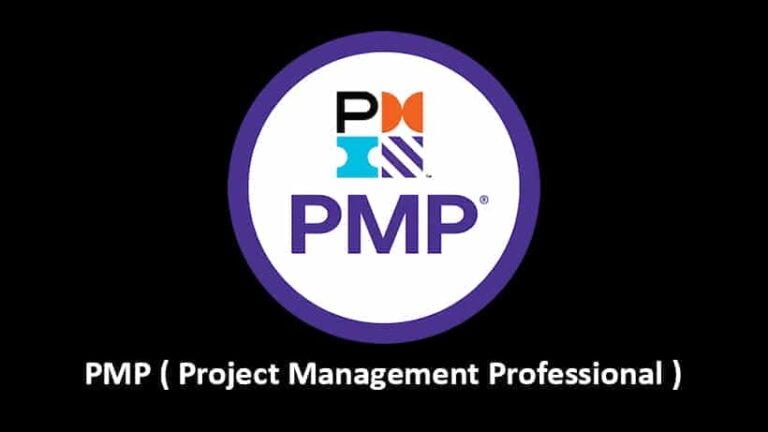
The reputation of an individual or organization can significantly influence public perception, consumer behavior, and even business profitability. With information flowing freely across various platforms, a single negative review or social media post can quickly escalate, tarnishing a brand’s image or an individual’s credibility. As such, effective online reputation management has become a crucial component of both personal branding and corporate strategy.
Monitor Your Online Presence
The first step in managing your online reputation is to actively monitor what is being said about you or your brand. This can be achieved through a variety of tools and platforms that track mentions across social media, blogs, news websites, and forums. Google Alerts is a simple yet effective tool that notifies you whenever your name or brand appears online. Additionally, social media listening tools can help you understand how people are discussing your brand across different platforms. Regular monitoring allows you to identify potential issues before they escalate and gives insight into what people appreciate about your brand, enabling you to reinforce positive aspects.
Engage with Your Audience
Engagement is key to building and maintaining a positive online reputation. Responding to comments, reviews, and messages shows that you value your audience’s opinions and fosters a sense of community. Whether the feedback is positive or negative, addressing it promptly and professionally can help build trust. For negative feedback, acknowledge the issue, apologize if necessary, and offer to resolve it. This approach demonstrates that you take criticism seriously and are committed to improving the user experience. On the other hand, don’t neglect to express gratitude for positive feedback; this not only encourages further positive engagement but also enhances your reputation.
Create High-Quality Content
Establishing authority and credibility online often requires consistent and high-quality content creation. Regularly publishing informative articles, blog posts, videos, or podcasts relevant to your industry can position you or your business as a thought leader. This strategy not only enhances your online visibility but also pushes down negative content in search engine results. When potential customers search for your name or brand, they’re more likely to encounter your valuable content first, thereby shaping a more favorable impression. Moreover, engaging storytelling can humanize your brand, making it more relatable and trustworthy.
Build a Strong Social Media Presence
In the digital age, a robust social media presence can significantly influence public perception. Social media platforms are powerful tools for connecting with your audience and showcasing your values, mission, and offerings. Consistently sharing valuable content, engaging with followers, and participating in relevant discussions can help shape your online reputation positively. Additionally, using social media to share customer testimonials and success stories can further strengthen your credibility. However, it’s essential to maintain a professional tone and avoid controversial topics that could alienate or offend your audience.
Encourage Positive Reviews
Positive reviews can greatly enhance your online reputation. Actively encourage satisfied customers to leave reviews on platforms like Google, Yelp, or industry-specific sites. Make it easy for them by providing direct links or follow-up emails after a purchase. Responding to these reviews, thanking customers for their feedback, and showcasing them on your website or social media can further amplify their impact. Remember, the more positive content available about you or your brand, the less likely negative reviews will dominate search engine results.
Address Negative Feedback Constructively
Inevitably, negative feedback is a part of online presence, and how you respond to it can either make or break your reputation. When faced with criticism, it’s essential to approach the situation with professionalism and empathy. Instead of being defensive or reactive, take the time to understand the issue and respond thoughtfully. Publicly addressing concerns can demonstrate your commitment to customer satisfaction and improve your standing in the eyes of potential customers. In some cases, it may be appropriate to take the conversation offline to resolve the issue privately, which shows that you genuinely care about finding a solution.
Leverage SEO Techniques
Search Engine Optimization (SEO) plays a pivotal role in online reputation management. By optimizing your website and content for relevant keywords, you can improve your visibility in search engine results. Incorporating best practices such as keyword research, on-page optimization, and backlink building can help ensure that your positive content ranks higher than any negative mentions. Additionally, consider creating a dedicated “press” or “media” page on your website to showcase positive articles, features, and testimonials. This can serve as a reliable source for anyone researching your reputation online.
Invest in Professional Help
For businesses and individuals who find online reputation management overwhelming, seeking professional assistance may be a wise decision. Reputation management companies specialize in monitoring, managing, and improving online reputations using comprehensive strategies tailored to individual needs. Whether you require assistance with SEO, content creation, or responding to reviews, these professionals can provide the expertise necessary to safeguard and enhance your online presence.
Stay Educated About Trends
The digital landscape is continually evolving, and staying informed about online reputation trends is essential for effective management. Regularly educating yourself about the latest tools, platforms, and consumer behaviors can help you adapt your strategies accordingly. Following industry experts, subscribing to relevant newsletters, and participating in webinars can provide valuable insights into emerging trends and best practices.
By proactively managing your online reputation, you can cultivate a positive digital presence that resonates with your audience and builds long-term trust. Embracing these strategies will not only protect your reputation but also position you as a leader in your field. In an age where opinions are shared at lightning speed, taking charge of your online narrative has never been more critical.




